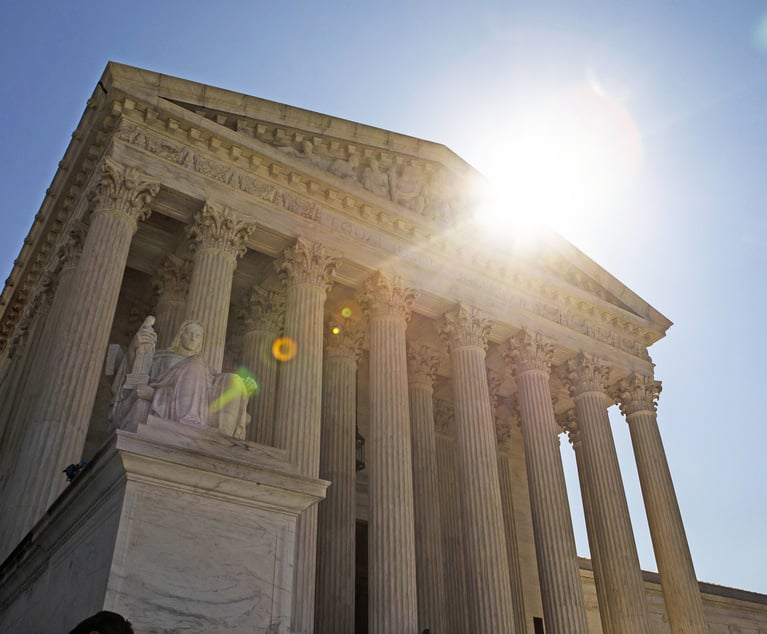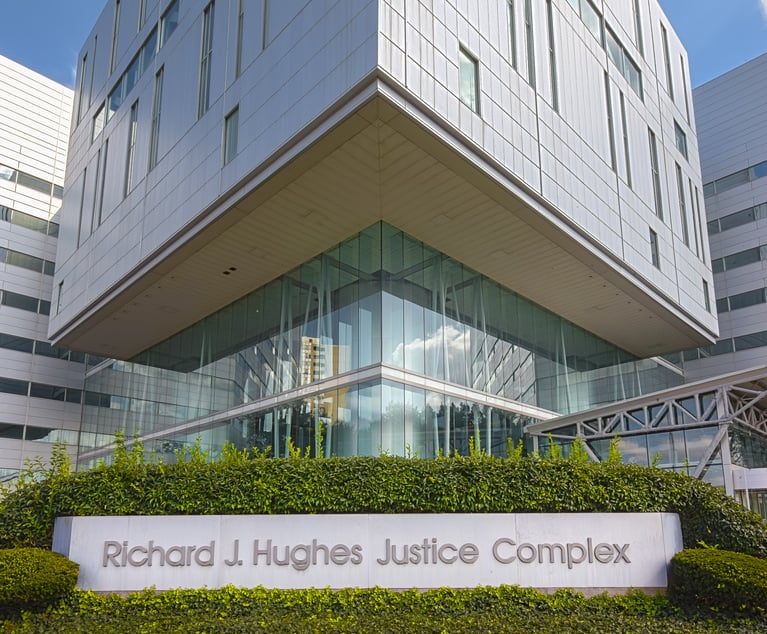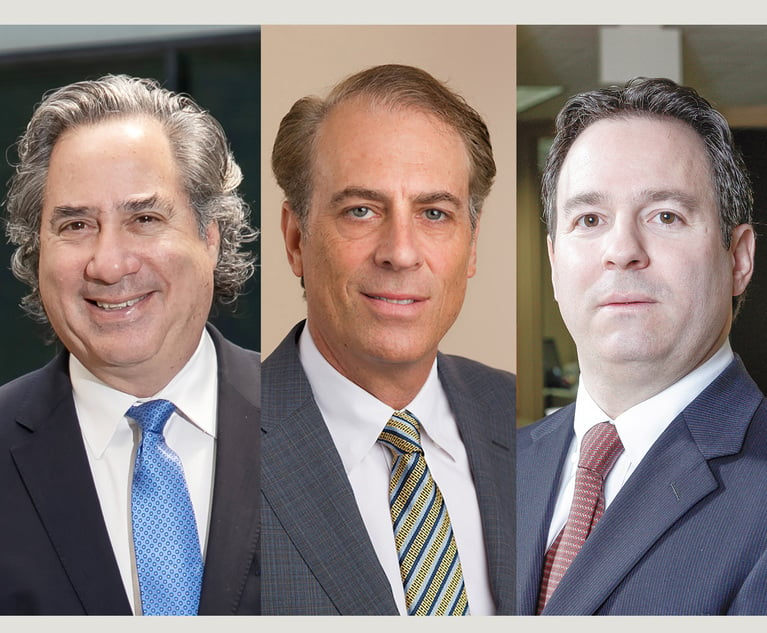Although New Jersey still finds itself in Stage 2 of Governor Murphy’s plan to get the state to its “New Normal,” New Jersey businesses are reopening as best they can while dealing with effects of the COVID-19 crisis on their operations, including its impact on their work forces. In this regard, it is no surprise that employers have been, and will continue to be, faced with employees’ complaints about alleged COVID-19 related unsafe working conditions and requests to telework. In addition, the Families First Coronavirus Response Act has imposed on many employers new paid sick leave and family leave obligations that do not expire until the end of 2020. The potential is manifest for a high volume of whistleblower claims from employees who believe they have been retaliated against for making COVID-19 work-related complaints, requests to work from home, or requests for paid sick or family leave. Employers need to take seriously such employee complaints and requests and to understand the legal means by which retaliation claims can be brought against them.
Complaints About Unsafe Working Conditions
The COVID-19 crisis has generated a series of Executive Orders issued by Governor Murphy and various government issued guidelines, both state and federal, intended to protect public health and safety. Much of this effort has a direct bearing on the employer-employee relationship in terms of worker safety. As businesses begin to reopen, complaints by employees about allegedly unsafe working conditions are likely. Employees who believe that they have been retaliated against for making such complaints can be expected to bring claims under the Conscientious Employee Protection Act, N.J.S.A. § 34:19-1 et seq. (CEPA).


 Margoe Edwards / Shutterstock.com
Margoe Edwards / Shutterstock.com




